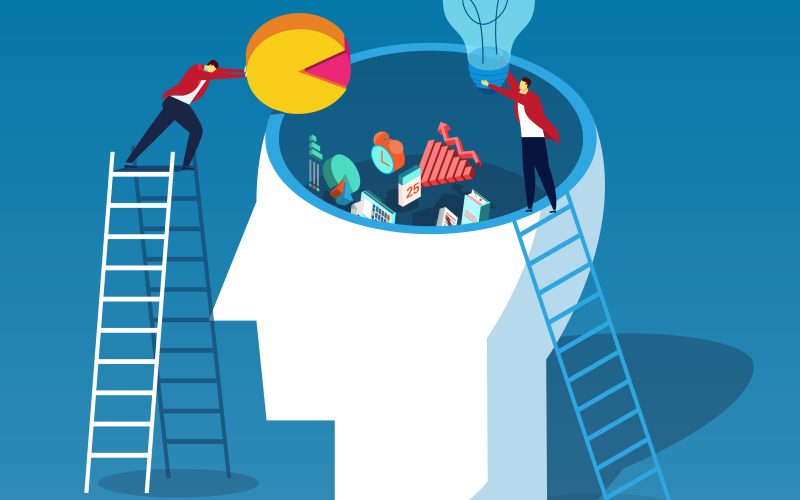Memory is key to who we are and, yet forgetting is so common. Boston University School of Medicine neurology professor Andrew E. Budson joins host Krys Boyd to discuss his work studying memory, how to control what you remember and how diet plays into this ability. His book, with co-author Elizabeth A. Kensinger, is “Why We Forget and How to Remember Better: The Science Behind Memory.”
Blog Post: Listening to music and talking to yourself can help you remember better
— By Brianna Flores, Think Intern
Throughout the day, you may have a lot to remember. Whether it’s remembering what time you’re giving a presentation or studying material for an exam, you’ll try to remember a lot of information. Still, we simply forget some details.
Our guest, Dr. Andrew E. Budson, is a neurology professor. He explains how we have different types of memory that work together to help us remember information. But it’s also natural to forget much of the information our brains take in every day.
“Forgetting is important from a functional standpoint,” Budson says. “We have to be able to extract the gist or the essence of these memories and we have to let go of a lot of the individual details.”
Our brain automatically tries to get rid of information so we can store new memories in the future. But there are some ways that we can try and keep certain pieces of knowledge.
“There are multiple brain regions that are active when you’re listening to a song,” Budson says. “If you’re somebody who enjoys studying to music… that can help you remember that material you were studying.”
Listening to a specific song during your study session and during your test helps with remembering materials. This also works if you were to hum or replay that same song in your head while taking the test.
While this helps with one kind of memory, people often talk to themselves to use a different type of memory.
“Anytime you’re talking to yourself, you’re using the part of that brain that does the talking, but you just don’t verbalize it,” Budson says. “You just keep it to yourself and then you use the part of your brain that does the comprehension of speech and you’re listening to yourself.”
Pieces of information that we say to ourselves are known as the phonological loop. This system is used to store temporary information through rehearsal and repetition.
Remembering things will always be a part of our daily routine, and it’s something that is more complex than we might realize.
“We have a sketch of the building block, so it’s sort of like the blueprints, but they’re not detailed, Budson says. “It’s just a sketch of the blueprints. And when I want to retrieve a memory, I have to use that sketch of the blueprints and actively recreate it.”
To learn more ways to remember all kinds of information, check out the podcast above.





